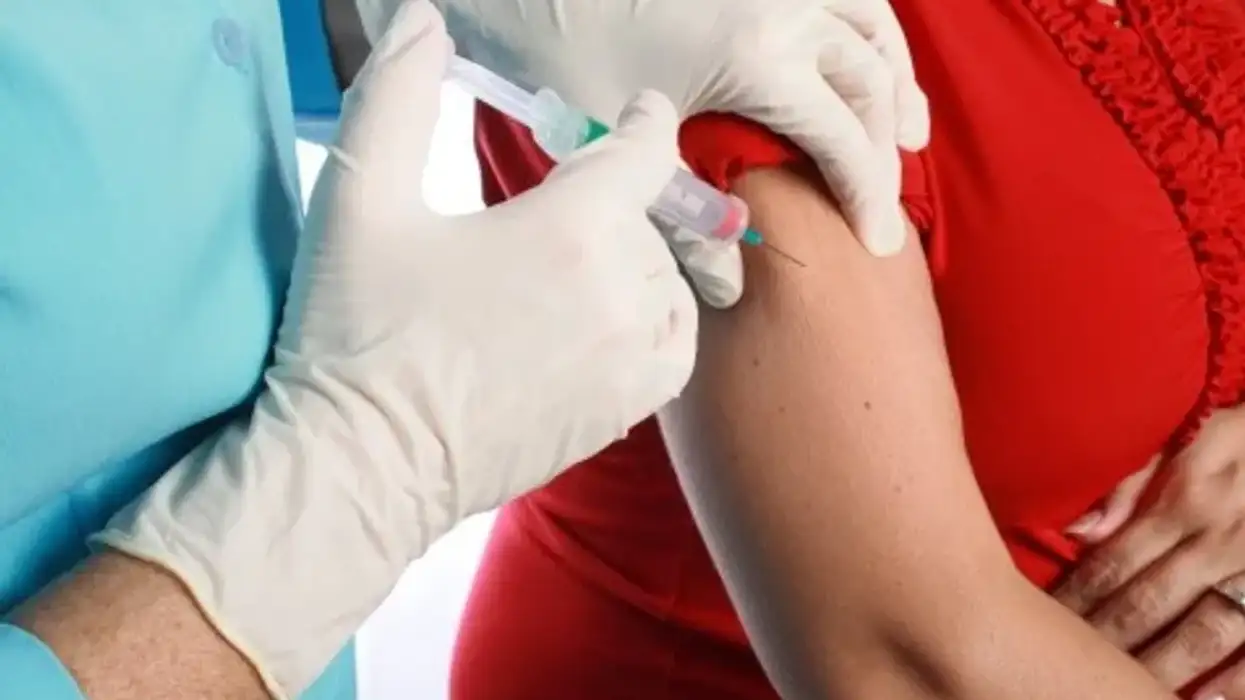The UK will have a new coronavirus testing facility capable of carrying out 30,000 tests per day by early May, said the chief executive of pharma company AstraZeneca, helping the government meet an ambitious goal to scale up testing.
AstraZeneca CEO Pascal Soriot also told BBC Radio on Wednesday (8) that an antibody test would be ready in May.
The government last week promised a tenfold increase in the number of daily tests to 100,000 by the end of April after facing criticism for failing to roll out mass checks to help curb the spread of coronavirus.
AstraZeneca is working with rival UK pharma giant GSK and the University of Cambridge on a joint project to develop a new lab in Cambridge, eastern England, to boost Britain's testing capacity.
"We believe we will start testing by mid-April and be at scale indeed with 30,000 tests a day by early May," Soriot said.
Tests are seen as essential for fighting the virus and nursing the economy back to health by allowing those with immunity to return to work, and the UK is now trying to catch up with countries like Germany which tests 500,000 people a week.
An antibody test, a tool which is touted by governments in Britain and elsewhere as critical to easing nationwide lockdowns without helping the virus to spread, being developed by AstraZeneca will also be ready in May, Soriot said.
Scientists in Cambridge were working on a homegrown test, he said, using some imported parts.
Millions of antibody tests which Britain had provisionally ordered were said to not deliver accurate results, but asked about the accuracy of AstraZeneca's test, Soriot said: "So far, so good, we are confident".
Antibody tests show whether whether people have been infected with the novel coronavirus and developed immunity - potentially allowing them to return to their places of work.
Britain is now in its third week of lockdown, and due to enter what scientists say will be the deadliest phase of its coronavirus epidemic, which has already killed 6,159 people and put its prime minister Boris Johnson in intensive care.
AstraZeneca, GSK and Cambridge said in a statement that the new lab was also exploring the use of alternative chemical reagents for test kits to overcome supply shortages, and trying to help existing testing facilities expand their capacity by using automation and robotics.











